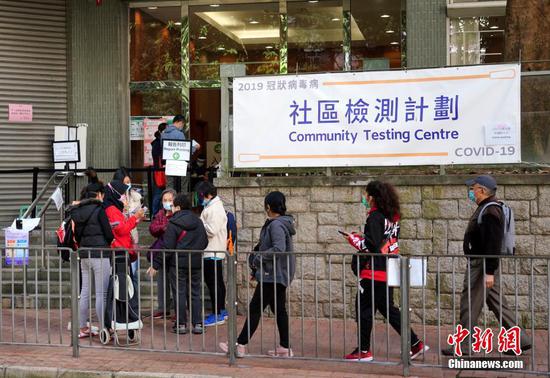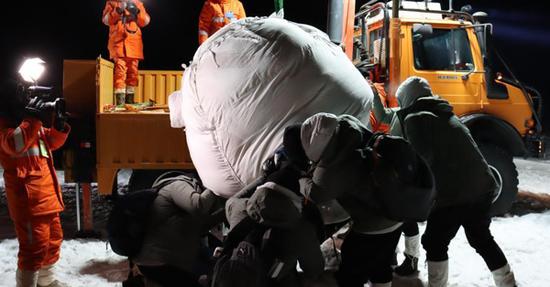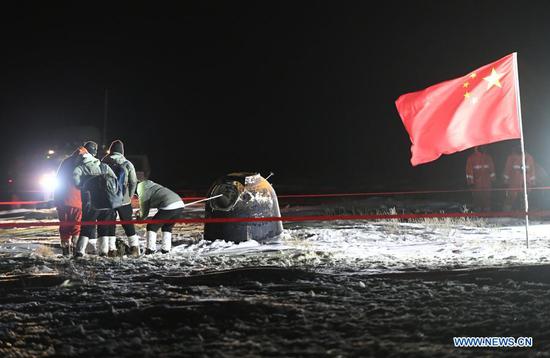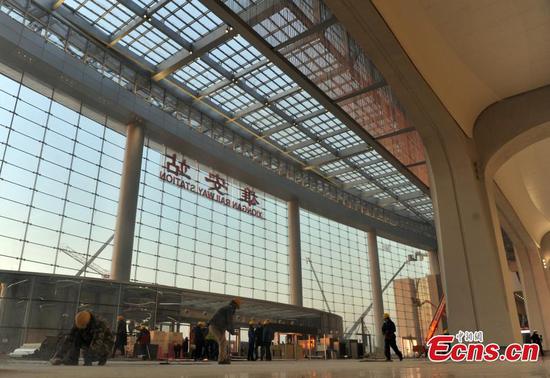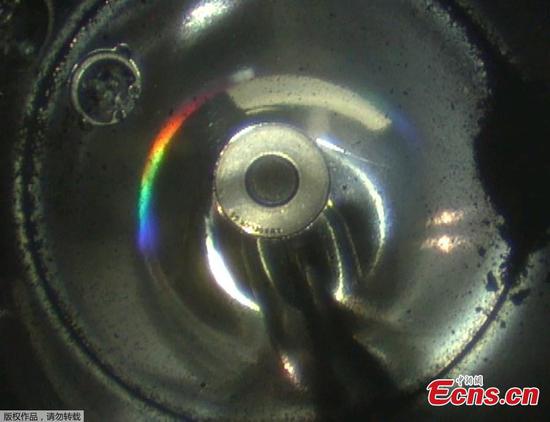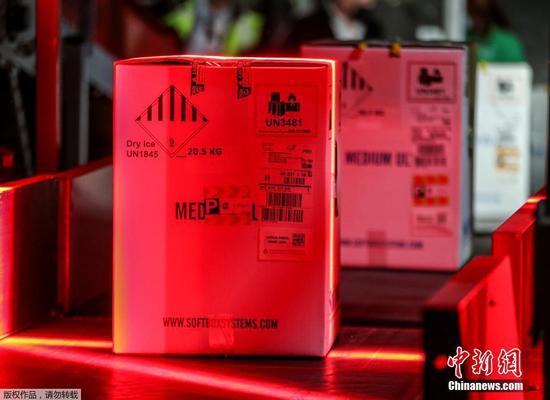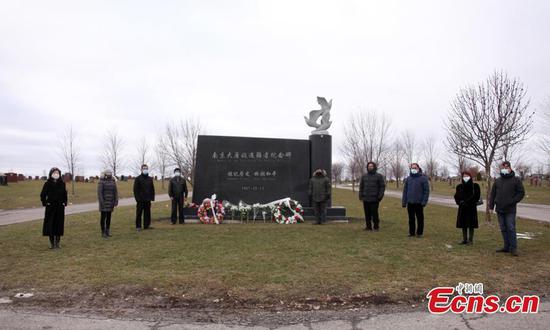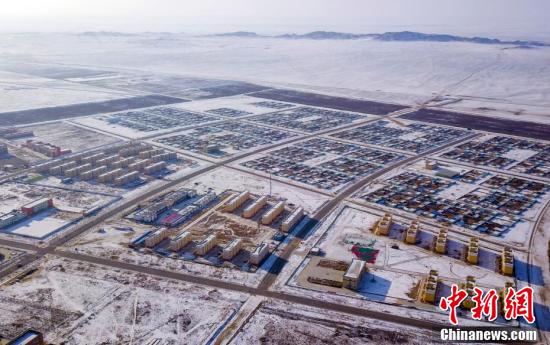China will start nationwide vaccination among people deemed at high risk of contracting the novel coronavirus through the emergency use program initiated in June, Zeng Yixin, vice-minister of the National Health Commission, said on Saturday.
According to Zeng, key groups prioritized for emergency inoculation include cold chain workers, staff members at ports of entry, workers in the shipping , aviation and public transportation sectors, those working at agriculture markets, medical and disease control personnel, as well as those going abroad for work or study.
"Prioritizing them in immunization will not only protect them against the risk of the virus, but also aid the country's efforts to prevent a resurgence of the virus and fend off risks from overseas," Zeng said at a news conference held by the State Council Information Office.
The limited use among high-risk population is only the first step toward nationwide mass inoculation, according to Zeng.
More people will receive doses after market approval is granted to COVID-19 vaccines and production capacity builds up to secure sufficient supplies, he said.
"Vaccination for hundreds of millions of elderly and those with underlying diseases whose conditions are more likely to deteriorate after being infected, as well as the general population, will be launched in a comprehensive and orderly manner," he said.
"Our goal is to achieve herd immunity through proactive immunization and curb the disease more effectively as soon as possible," he said.
China has five home-grown vaccines undergoing third-stage human trials. Three of them - two developed by Sinopharm and one by Sinovac - were granted emergency use authorization in June and began immunization in July. All three are of the inactivated type that uses dead virus to trigger immune responses in human.
Zheng Zhongwei, an official with the commission who leads the country's task force for vaccine development, said since July, more than 1 million doses have been administered through the emergency use program and no severe adverse reaction has been reported.
Among those being vaccinated, more than 60,000 recipients have traveled abroad to areas experiencing serious outbreaks of the virus and none has reported serious infections, he added.
In terms of overseas clinical trials for these three vaccines, Zheng said a total of 150,000 doses have been provided to 75,000 trial participants, with no severe reaction.
Zheng said these observations that attest to domestic vaccines' safety and efficacy have helped firm up authorities' decision to launch extensive vaccination among key groups.









